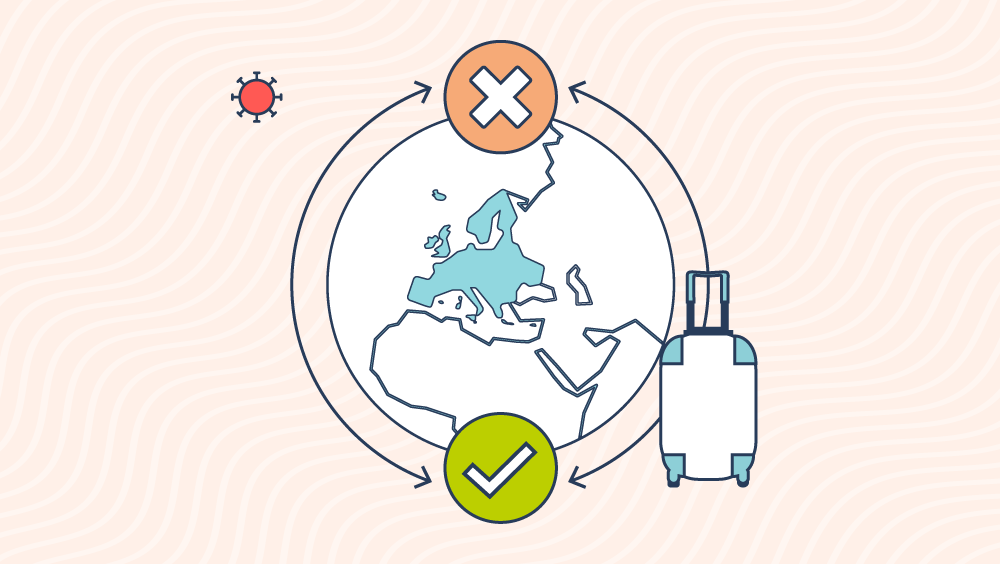
COVID-19: The Council has added 10 countries and one regional entity/authority to the list of countries whose travel restrictions must be lifted
Following the revision foreseen in the recommendation to phase out temporary restrictions on non-essential travel to the European Union, the Council has updated the list of countries, special administrative regions and other regional entities and authorities to which travel restrictions have been imposed. As stipulated in the Board’s recommendation, the list will continue to be reviewed and updated, as appropriate, every two weeks.
Based on the criteria and conditions set out in the Recommendation, as of July 1, 2021, Member States should gradually lift travel restrictions at the external borders of persons residing in the following third countries:
- Albania
- Armenia (new)
- Australia
- Azerbaijan (new)
- Bosnia and Herzegovina (new)
- Brunei Darussalam (New)
- Canada (new)
- Israel
- Japan
- Jordan (new)
- Lebanon
- Montenegro (new)
- new Zeland
- Qatar (new)
- Republic of Moldova (new)
- North Macedonia
- Rwanda
- Saudi Arabia (new)
- Serbia
- Singapore
- South Korea
- Thailand
- United States of America
- China, subject to confirmation of reciprocity
Travel restrictions are also expected to be gradually lifted from China’s Hong Kong and Macao special administrative regions.
travel restrictions on Kosovo[1] (the new) and Taiwan, which fall into the category of regional entities and authorities not recognized as states by at least one member state.
For the purposes of the recommendation, persons residing in Andorra, Monaco, San Marino and the Vatican City State must be considered as residents of the European Union.
I Standards To identify the three countries from which current travel restrictions should be lifted, updated May 20, 2021. It covers the epidemiological situation and overall response to COVID-19 as well as the reliability of the information and data sources available. Reciprocity must also be taken into account on a case-by-case basis.
The associated Schengen countries (Iceland, Liechtenstein, Norway and Switzerland) also participate in the recommendation.
General information
On June 30, 2020, the Council adopted a Recommendation on the Phase Out of Temporary Restrictions on Non-Essential Travel to the European Union, which includes a preliminary list of countries for which Member States must proceed to lift restrictions on travel across external borders. The list is reviewed every two weeks and updated if necessary.
On May 20, the council adopted an amendment recommendation to respond to ongoing vaccination campaigns by introducing some relaxation for vaccinated people and simplifying the criteria for deregulation for third countries. At the same time, the modifications take into account the potential risks posed by new variants by creating an “emergency brake” mechanism to quickly respond to the emergence of an interesting or worrisome variant in a third country.
The Board’s recommendation is not a legally binding document. The authorities of Member States remain responsible for implementing the content of the recommendation. However, they can, in complete transparency, only move forward gradually in lifting travel restrictions with respect to the listed countries.
A Member State should not decide to lift travel restrictions for third countries not on the list before a coordinated decision is taken.
[1] This designation is without prejudice to positions on the situation and is consistent with Security Council Resolution 1244 (1999) and the Education Council’s opinion on the Kosovo Declaration of Independence.

“Organizer. Social media geek. General communicator. Bacon scholar. Proud pop culture trailblazer.”
